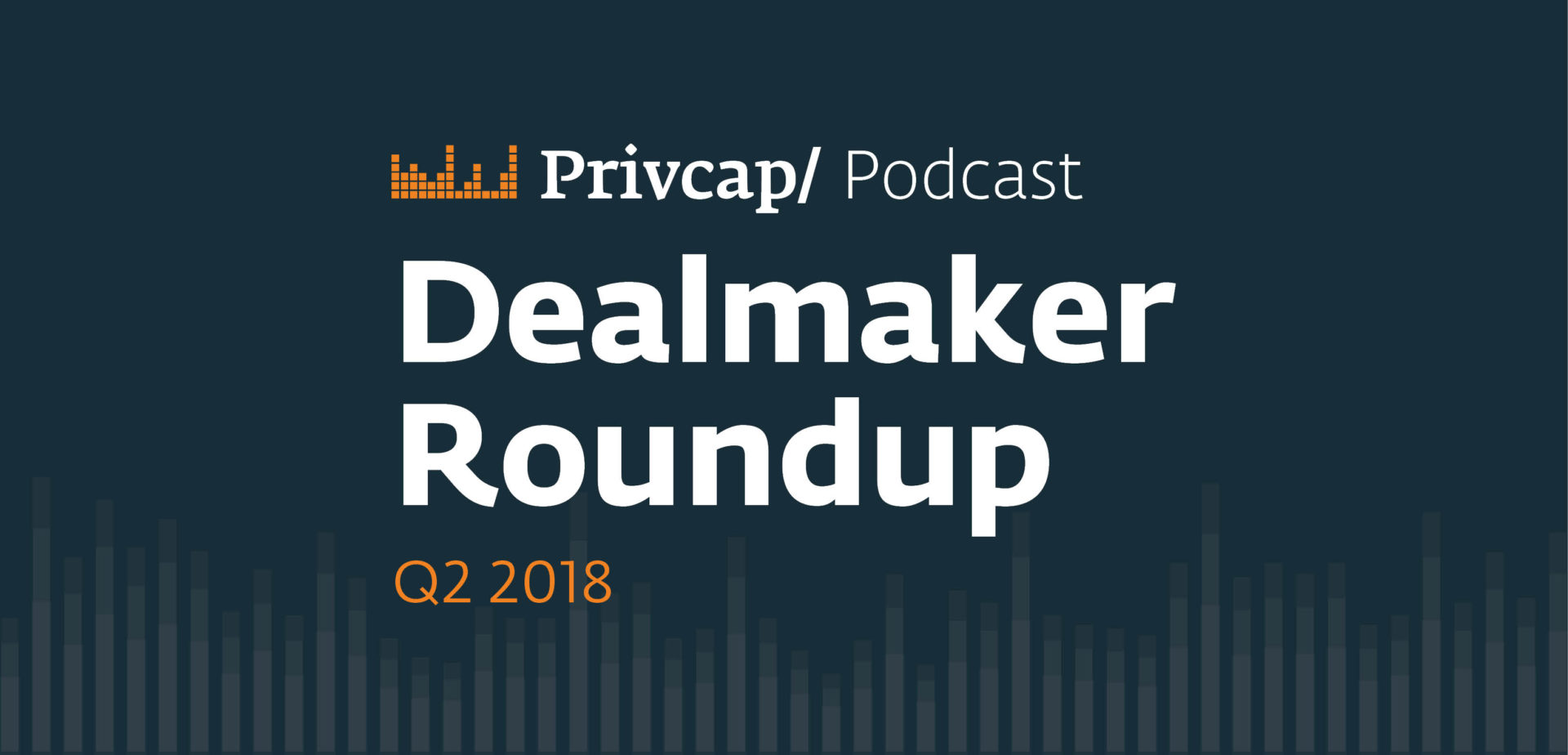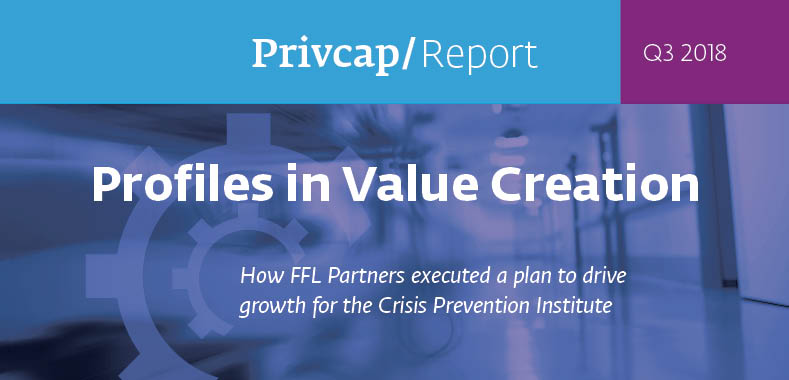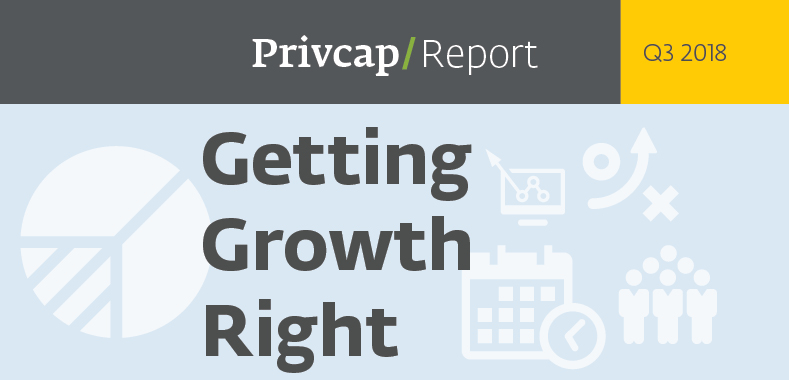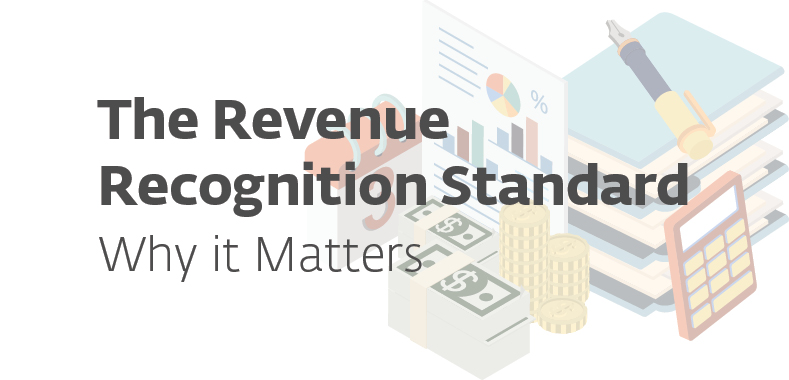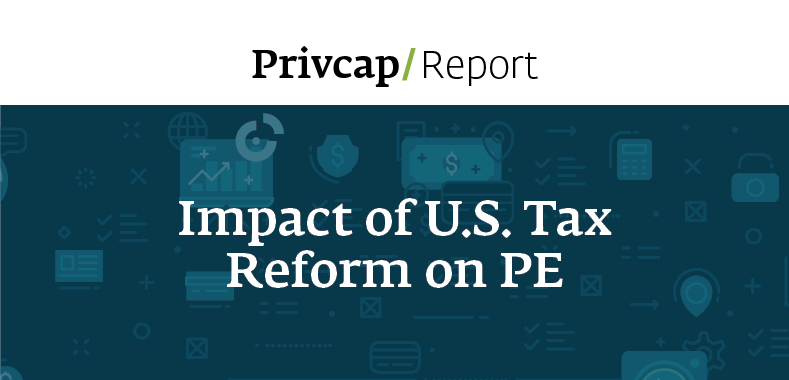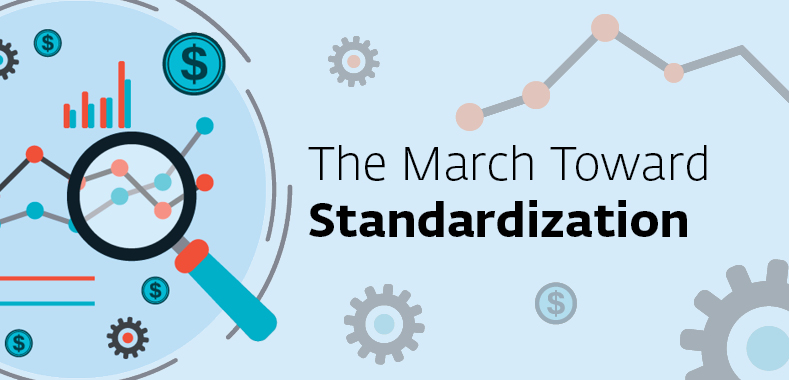Expert Q&A: The Case for Both Sell- and Buy-Side Due Diligence
Download the article here
In a recent interview, John Ruckstuhl, who leads the transaction advisory services practice at EisnerAmper LLP, discusses how he works with private equity groups to perform buy-side and sell-side due diligence
Privcap: With the demand to put capital to work, what is the impact on the deal market?
John Ruckstuhl, EisnerAmper LLP: In some cases, the availability of capital is increasing multiples. But it’s also slow-ing the deal process down a little bit, especially private equity groups that don’t get financing lined up early enough in the process. We see deals that get delayed because our clients are negotiating with the different providers.
There’s a lot of competition, which is good. But like going to a diner, sometimes too many options can be a bad thing as well.

EisnerAmper LLP
Do PE firms with better access to financing have an advantage?
It all comes down to speed of close so, yes, a private equity firm with financing lined up has an advantage. Other advantages are the strength of your bid. Many times, it’s not just financial terms, not just multiples, but the right fit. What are you going to provide the company that they don’t already have? We see many deals where the highest bid is not always the winner.
Is the debt market an indicator of the tail end of a cycle?
I think we have a good two years of runway left. We’re seeing debt multiples creep up. After the 2008 crisis, we saw that the amount of debt in each deal decreased to where it was a 50-50 debt-to-equity multiple. Now we’re seeing debt levels get up to 60, in some cases 70 percent.
What are the factors killing deals today?
It really comes down to preparation. You still see investment banks at the lower end of the middle market that don’t mandate sell-side work. Typically, surprises come up in the financials. That’s because management teams are over extended and either don’t know their numbers as well as they should, or these are companies with relatively spotty financial reporting systems.
For the buyer, what is needed in preparation for a sale?
A lot of times it comes down to understanding the metrics. With a financial buyer in the picture, helping them understand what’s happening with the operations through the numbers is the best way to explain a business, especially to a non-operator. Numbers do wonders to explain key performance indicators that help to inform a buyer of the financial health of a company.
Why is sell-side due diligence important?
The biggest thing with sell-side due diligence is helping a company prepare. Investment bankers are helping the company with the process and evaluation of the industry. We focus on making the finance team smarter and more prepared— anticipating questions, developing answers, and identifying potential red flags in advance that can be mitigated up front.
For CEOs that are unfamiliar about what it takes to sell to a private equity firm, helping them understanding EBITDA, the value of their business based on the numbers, and the importance of managing cash flows is critical.
No surprises, in other words?
The worst thing that can happen is a surprise comes up, especially towards the end of the process, because then nobody wins. Also, just on speed of close, the longer a process goes, the more attention management starts devoting towards the transaction and not the business, and the greater the risk that the operations will suffer. And you get into this spiral of declining results. The buyer wants to reduce the purchase price, and the deal becomes the consuming factor, as opposed to what made you successful at the start—and that’s the running of the business.
How should a buyer manage competitive bidders?
Most companies underestimate the amount of time and effort it takes to go through the process. It is an extensive process that takes months, if not a year, from when you first start engaging an investment banker and considering a transaction to when the deal will ultimately close.
Getting people to help you through that process is important—again, so you can focus your time on running the business and let other experts help you with the process.
How EisnerAmper LLP’s Transaction Advisory Services Practice Group works with private equity groups to perform buy-side and sell-side due diligence.


